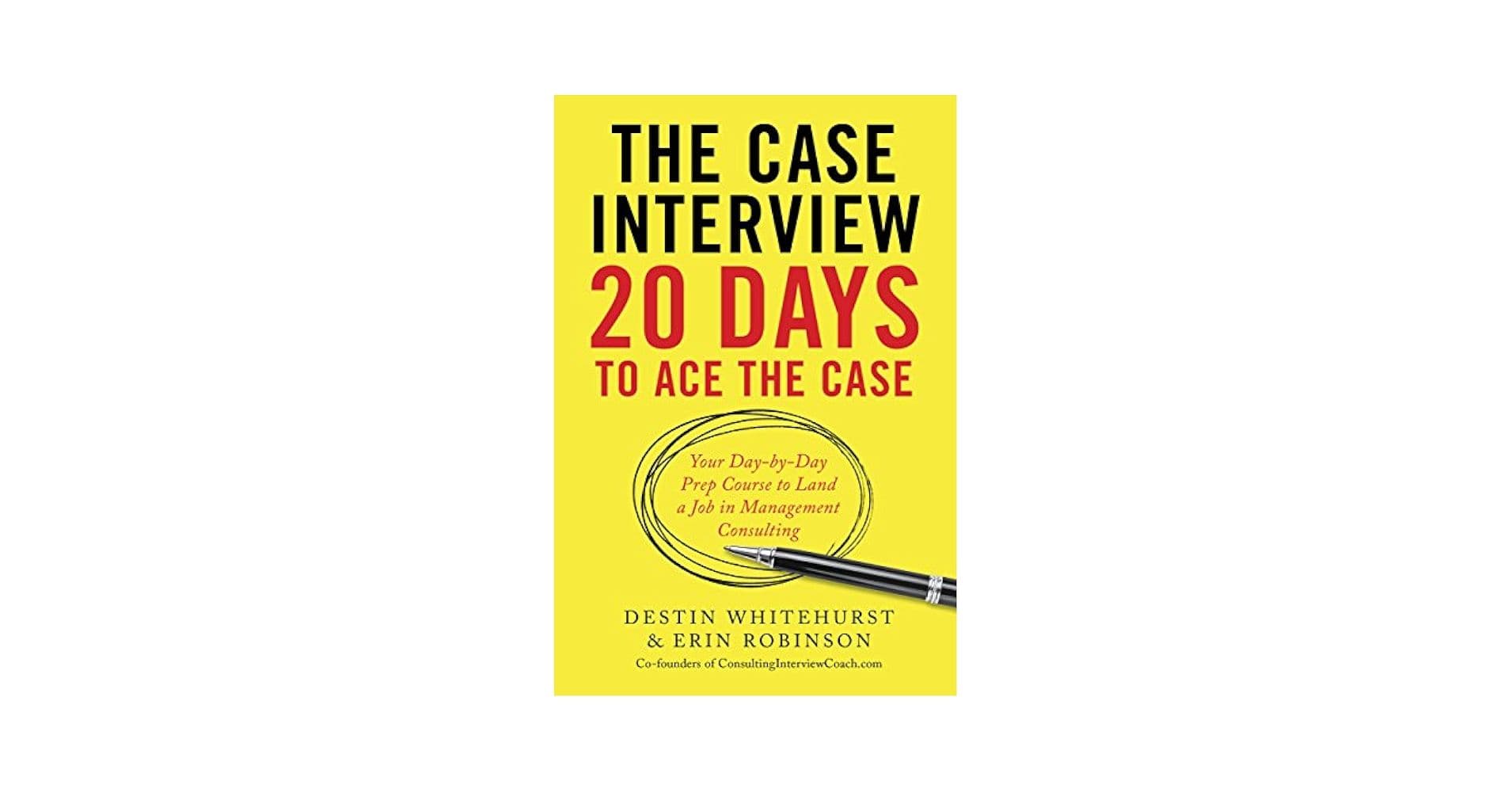
Common Case Interview Mistakes and How to Avoid Them

CaseTutor Team
Why Knowing Common Case Interview Mistakes Matters
Case interviews are intentionally challenging. Yet, many promising candidates fall short not due to poor analysis, but because they make preventable mistakes. Recognizing these case interview mistakes and learning how to avoid them can significantly boost your success rate.
Management Consulted emphasizes, “Mistakes in case interviews aren’t just technical—they’re behavioral, strategic, and often completely preventable.”
In this guide, you'll uncover common pitfalls, along with actionable consulting interview tips to steer clear of these errors confidently.
Mistake #1 – Jumping into the Case Without Clarifying
What Happens
Many candidates immediately dive into answering the case without fully clarifying the context, objectives, or key definitions.
Why It’s a Problem
Consultants never tackle problems without first deeply understanding them. Interviewers expect you to clarify to demonstrate intellectual curiosity and alignment with the client's needs.
As McKinsey notes, “asking the right questions early on helps consultants gain clarity and build trust with clients.”
How to Avoid It
- •Clarify the client's specific objectives
- •Define ambiguous terms clearly (e.g., “profitability,” “success,” "market")
- •Establish the scope clearly—timeframe, geographic area, and business units involved
Mistake #2 – Forcing a Memorized Framework
What Happens
Candidates rigidly apply the same memorized framework to every case scenario.
Why It’s a Problem
It signals inflexibility and poor problem-solving skills. Real consulting problems require tailored solutions, not generic templates.
How to Avoid It
- •Start from basic principles of the case scenario
- •Tailor your framework to fit the unique aspects of each case
- •Adjust your structure dynamically as new data emerges
Mistake #3 – Getting Lost in the Math
What Happens
Candidates either avoid calculations entirely or become overly fixated on lengthy calculations, losing sight of the case’s broader context.
Why It’s a Problem
Consulting-style math demands quick, structured, and contextually relevant calculations. Your analysis must always tie back to your hypothesis.
BCG advises candidates to "do the math that matters, and always connect it back to your hypothesis."
How to Avoid It
- •Regularly practice mental math drills
- •Clearly articulate assumptions
- •Round numbers sensibly
- •Immediately connect results to broader case implications
Mistake #4 – Forgetting to Synthesize
What Happens
Candidates perform detailed analysis but fail to synthesize insights clearly into a coherent recommendation.
Why It’s a Problem
Consulting is fundamentally about delivering actionable conclusions, not just analytical processes.
How to Avoid It
- •Periodically pause to summarize key insights
- •Provide structured recommendations: clearly state your conclusion, supporting reasons, and recommended actions
- •Apply the SCQA method: Situation, Complication, Question, Answer
Mistake #5 – Lacking Confidence or Executive Presence
What Happens
Candidates demonstrate hesitancy, excessive filler words, or constantly seek validation.
Why It’s a Problem
Consultants frequently present to senior executives. Interviewers assess your ability to confidently engage clients.
Harvard Business Review highlights recruiters seek not only intelligence but also composure and effective communication.
How to Avoid It
- •Regularly engage in mock interviews
- •Record and evaluate your presentations
- •Use structured language like “Next, let’s explore…” to project confidence and control
Mistake #6 – Not Treating It Like a Conversation
What Happens
Candidates approach interviews as performances—robotic, overly rehearsed, or one-directional.
Why It’s a Problem
Effective case interviews resemble dynamic client dialogues rather than rehearsed monologues.
How to Avoid It
- •Regularly engage the interviewer (e.g., “Does that make sense?” or “Should I elaborate further?”)
- •Demonstrate collaboration and receptiveness to feedback
- •Display curiosity alongside competence
Final Thoughts
Avoiding common case study interview pitfalls is key to success. By clarifying thoroughly, applying flexible frameworks, maintaining clarity in math, synthesizing insights clearly, projecting executive presence, and engaging conversationally, you'll significantly increase your odds of acing your case interviews.
Remember, preventing avoidable mistakes can be as crucial as showcasing your analytical strength.

